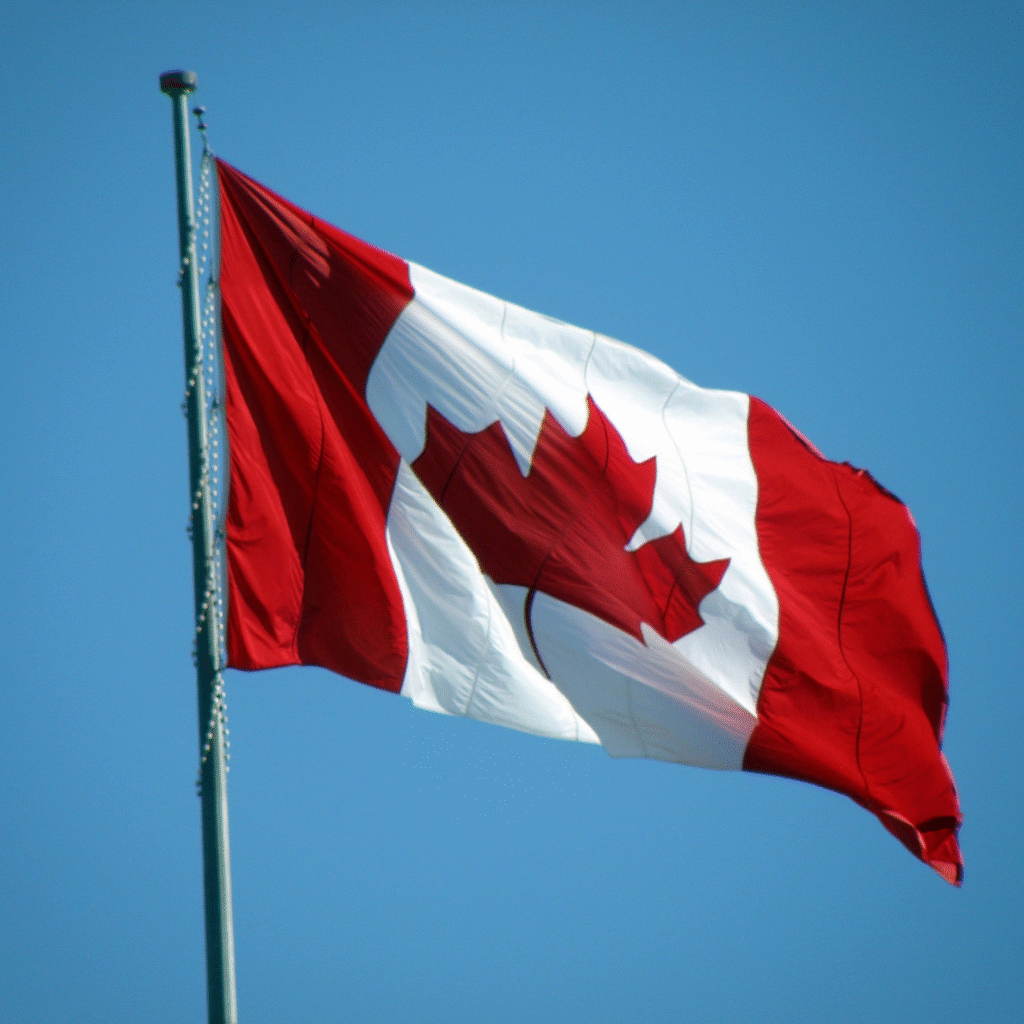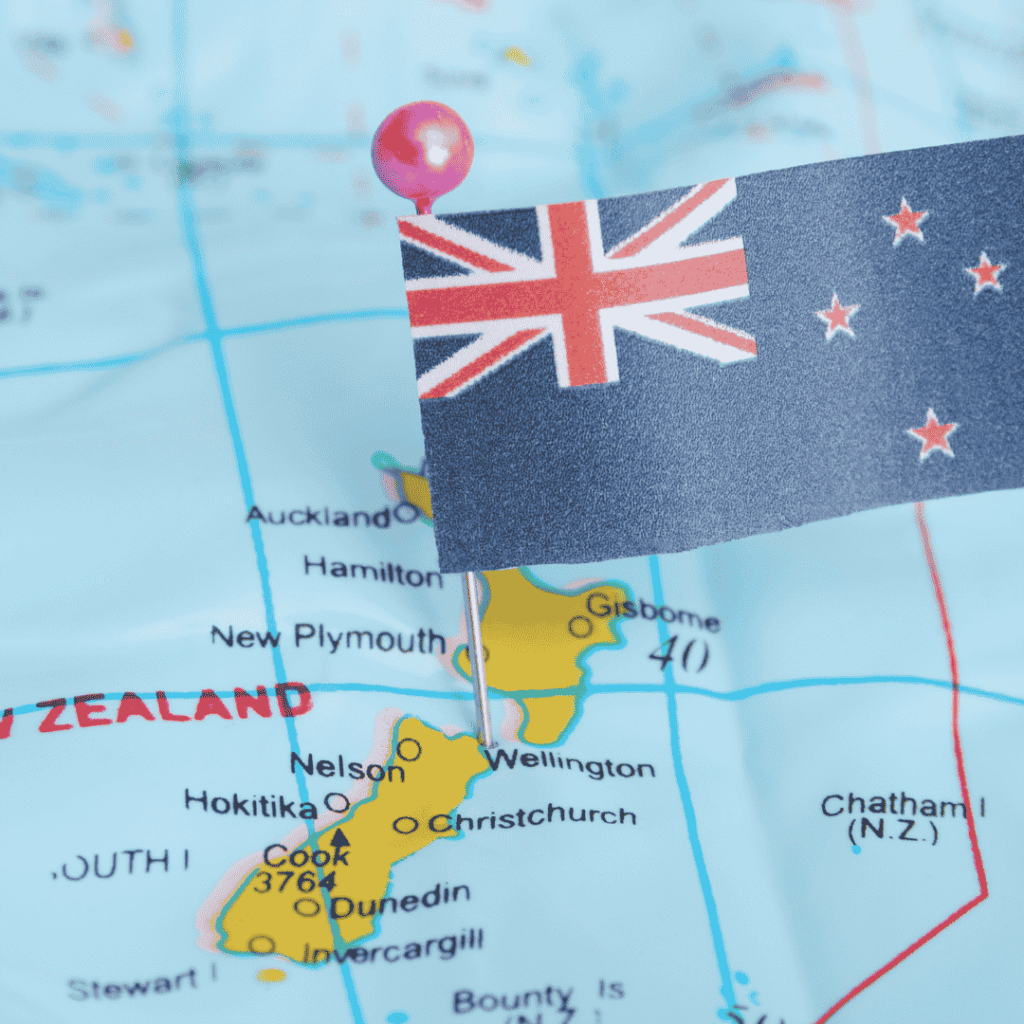Study in Toronto from Nepal
Toronto is quickly becoming a top destination for Nepali students who want to pursue higher education abroad. From highly ranked academic institutions to a supportive and multicultural environment, studying in Toronto from Nepal can open doors to a brighter academic and professional future. This article provides a complete overview of what to expect and how to get started.
About Toronto
Located in Ontario, Toronto is the largest urban center in Canada and plays a major role in the country’s economic, cultural, and educational landscape. More than half of its population is composed of people who have immigrated from other countries, which creates a welcoming and inclusive setting for students from Nepal.
With its modern infrastructure, scenic neighborhoods, and strong emphasis on innovation and public services, Toronto stands out as a vibrant city that supports both academic growth and a high standard of living.
Why Study in Toronto?
- High-Caliber Education: Toronto features some of the most respected universities and colleges in Canada.
- Global Community: The city is a melting pot of cultures, including a large South Asian population that makes integration easier.
- Employment Potential: A dynamic economy means there are opportunities in sectors like technology, healthcare, business, and creative arts.
- Comfortable Student Living: Accessible transit systems, student-centered neighborhoods, and a wide array of cultural activities make life enjoyable.
- Immigration-Friendly Pathways: Canada’s post-study work permits and immigration policies are favorable for international graduates.
Popular Universities in Toronto
- University of Toronto (U of T): A leading academic and research institution with a global reputation for excellence.
- York University: Known for its interdisciplinary programs across liberal arts, business, law, and engineering.
- Toronto Metropolitan University: Focuses on practical and innovation-based learning environments.
- George Brown College: Offers practical programs in culinary arts, business, hospitality, and design.
- Humber College: Provides applied learning through co-op programs in IT, healthcare, and more.
Popular Courses Among Nepali Students
- Computer Science and Software Engineering
- Business and Accounting
- Mechanical, Electrical, and Civil Engineering
- Nursing and Public Health
- Data Science and Artificial Intelligence
- Travel, Tourism, and Hospitality Management
Scholarship Opportunities
Though studying abroad requires financial investment, Toronto institutions offer several forms of financial aid:
- University of Toronto: Provides competitive international student scholarships, including full-ride options.
- York University: Offers awards such as the International Entrance Scholarship of Distinction.
- Toronto Metropolitan University: Supports students with merit-based and program-specific awards.
- Colleges: George Brown and Humber have entrance scholarships and performance-based grants.
- Government and NGO Scholarships: Opportunities are available through Education Canada and other organizations supporting international education.
Pro Tip: Applying early and maintaining a strong academic profile can significantly boost your eligibility for scholarships.
Student Life in Toronto
- Living Expenses: Depending on lifestyle and accommodation choices, students typically spend CAD 1,200 to CAD 2,000 monthly.
- Housing Options: On-campus residences are available, though many students opt for off-campus rentals or shared apartments in student-friendly areas.
- Part-Time Work and Internships: Students on a study permit can legally work part-time during academic sessions and full-time during breaks, gaining both income and experience.
- City Transportation: The city’s public transportation system—buses, trams, and subways- is extensive and offers discounted passes for students.
- Cultural Comfort: Nepali student communities and cultural clubs frequently organize events, which help ease the transition to a new country.
Students’ Experiences
Ramesh, Humber College: “The co-op placements helped me build professional confidence before graduation. Toronto offered exactly the growth I was looking for.”
Ready to Begin Your Journey?
If studying in Toronto from Nepal is your goal, reach out to AIP Education for expert guidance. AIP supports students with selecting institutions, preparing application documents, securing student visas, and everything in between.
FAQs
Toronto offers top-tier education, work opportunities, and a welcoming environment that supports international learners.
Yes, Nepali students with a valid study permit can work up to 20 hours per week during classes and full-time during holidays.
Yes. Many graduates qualify for the Post-Graduation Work Permit (PGWP), which can be a pathway to Canadian permanent residency.

























